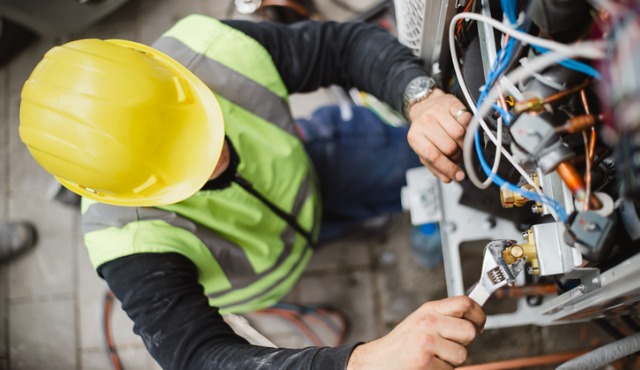By Hannah Whittenly
A generator is an important part of your home's energy system. Its light and steady hum indicate its continual use, but how does it work? What are the different parts that make a generator? How can you repair it for maximum efficiency and reliability? Generator repair is as important as engine and transmission, so here are tips for high-quality generator repair.
General Inspection
Start with a thorough inspection of all parts; note when major repairs have been done. Look for oil leaks and loose parts, which indicate failed components. Examine generator mounts for proper alignment and tightness. Inspect the air cleaner(s) for proper flow, as clogged air cleaners can lead to poor performance. Inspect the oil inlets and blowby ports for any signs of blockage and wear. If you find something wrong, don't ignore it; get it diagnosed.
Cleaning
Get rid of all dirt, grit and contaminants from the bearing surfaces and, as much as possible, from the rest of the engine. If you can't clean the entire generator, start thoroughly cleaning the bearings and replace any worn or loose ones. Next, check surfaces for wear or damage, especially on shafts that ride on the bearings. Use a metal file to remove any metal burrs or rough edges that may cut into a bearing surface when it rotates. Generator repair requires using a special oil for bearings, so buy the correct oil for the generator.
Lubrication Service
Generators are normally lubricated similarly to other engines. Check the manufacturer's manual to ensure you're using the right oil, and don't over-fill it. You'll notice the drain holes in the base of the oil pan, where all the used oil drains out. Use a new drain plug gasket each time you change the oil and clean off any excess gasket material before replacing it.
Cooling System Service
Air cooling is used in many pole-mounted or wheel-type generators. Inspect the fan blade for loose or cracked mounting bolts and inspect the metal grill for cracks, knocked-out rivets, sharp edges and burrs. Clean off all this debris, so it does not become trapped under the fan when it rotates. This could damage the fan or even the engine. Check for oil leaks around the generator's base and keep everything clean, especially when it's running.
Electrical Service
While highly unlikely that you will have to repair your generator's wiring in any fashion, there is a possibility that a loose or damaged wire could start an electrical fire. This means that you should first check the connections and test electrical continuity with an ohmmeter to ensure there is no loose wiring.
These generator repair tips are designed to help you maximize the efficiency and reliability of your generator. Proper maintenance is key to the performance of any engine, including a generator, so you'll want to examine it regularly for loose wires, leaks, missing parts and any other potential issues that could cause harm or performance issues.
 My name is Hannah, I am a freelance writer from Sacramento California and a mother of 2. I enjoy writing on blogs of all niches.
My name is Hannah, I am a freelance writer from Sacramento California and a mother of 2. I enjoy writing on blogs of all niches.








